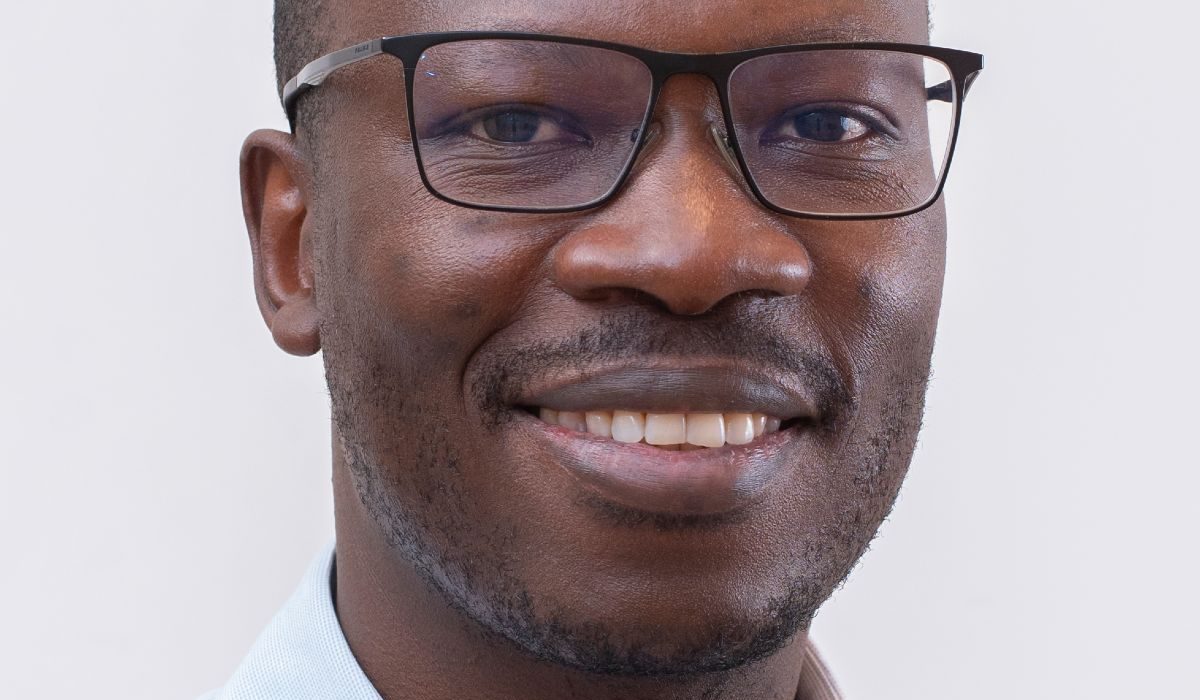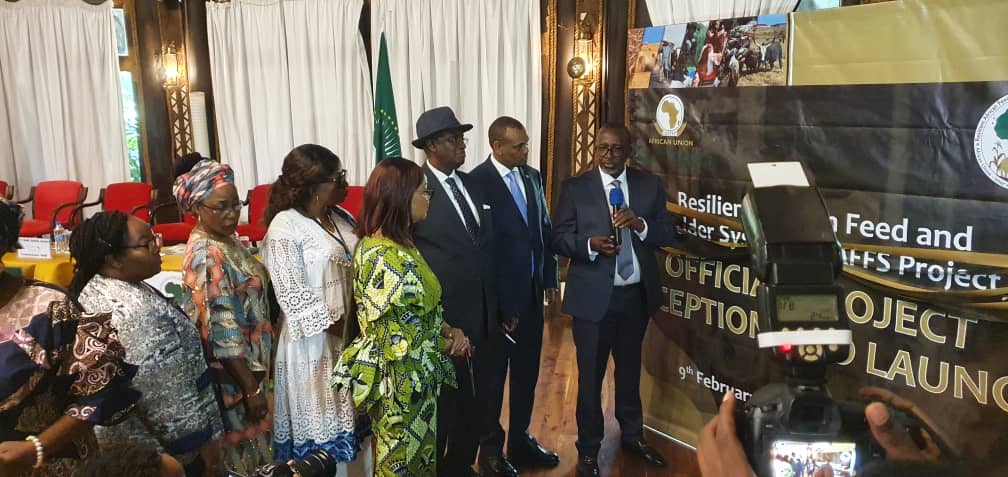By Eddah Waithaka
African governments must prioritize training more scientists in applied sciences and engineering to bridge critical skills gaps and accelerate innovation, Dr. Julius Ecuru, Head of Policy & Enabling Environment at ICIPE, said in a recent interview.
Ecuru, who leads the BioInnovate Africa Programme and the Regional Scholarship and Innovation Fund (Rsif), emphasized that policy commitments must translate into tangible investments to strengthen Africa’s research and innovation ecosystem.
Training the Next Generation of Scientists
“We need more African scientists in applied sciences and engineering because they are in short supply,” Ecuru said.
He highlighted the Partnership for Applied Sciences, Engineering, and Technology (PASET) -Rsif as a model for government action, where African nations pooled resources to fund PhD programs.
“Governments showed commitment by investing real money to train over 302 PhD scholars in STEM fields across the region,” he said.
Kenya’s current support for a new cohort of researchers demonstrates this ongoing dedication.
Read More On: https://africawatchnews.co.ke/icipe-champions-insects-as-sustainable-superfood-to-combat-food-insecurity/
Policy as a Catalyst for Innovation
Ecuru stressed that strong policies are essential to turning scientific breakthroughs into real-world solutions.
“Doing science is one thing, but ensuring it benefits society requires policy,” he said. For example, ICIPE’s research on edible insects can only scale if governments establish food safety standards.
He also pointed to ICIPE’s work in combating vector-borne diseases, invasive pests like locusts and fall armyworms, and sustainable food systems.
“We must package research findings in ways policymakers and the public can easily understand,” he added.
Science for Wealth Creation
While past discussions framed science as a tool for poverty reduction, Ecuru noted the shift toward wealth creation.
“Science must increase incomes and lift people out of poverty,” he said. However, he cautioned that results take time, citing decades of global investment in molecular biology that enabled rapid COVID-19 vaccine development.
Ecuru urged researchers to engage policymakers more effectively. “We need to train ourselves in policy analysis, articulate challenges clearly, and provide actionable evidence,” he said.
The goal, he emphasized, is to align research with Africa’s development priorities today and in the future.
Read More Stories At: https://africawatchnews.co.ke/







